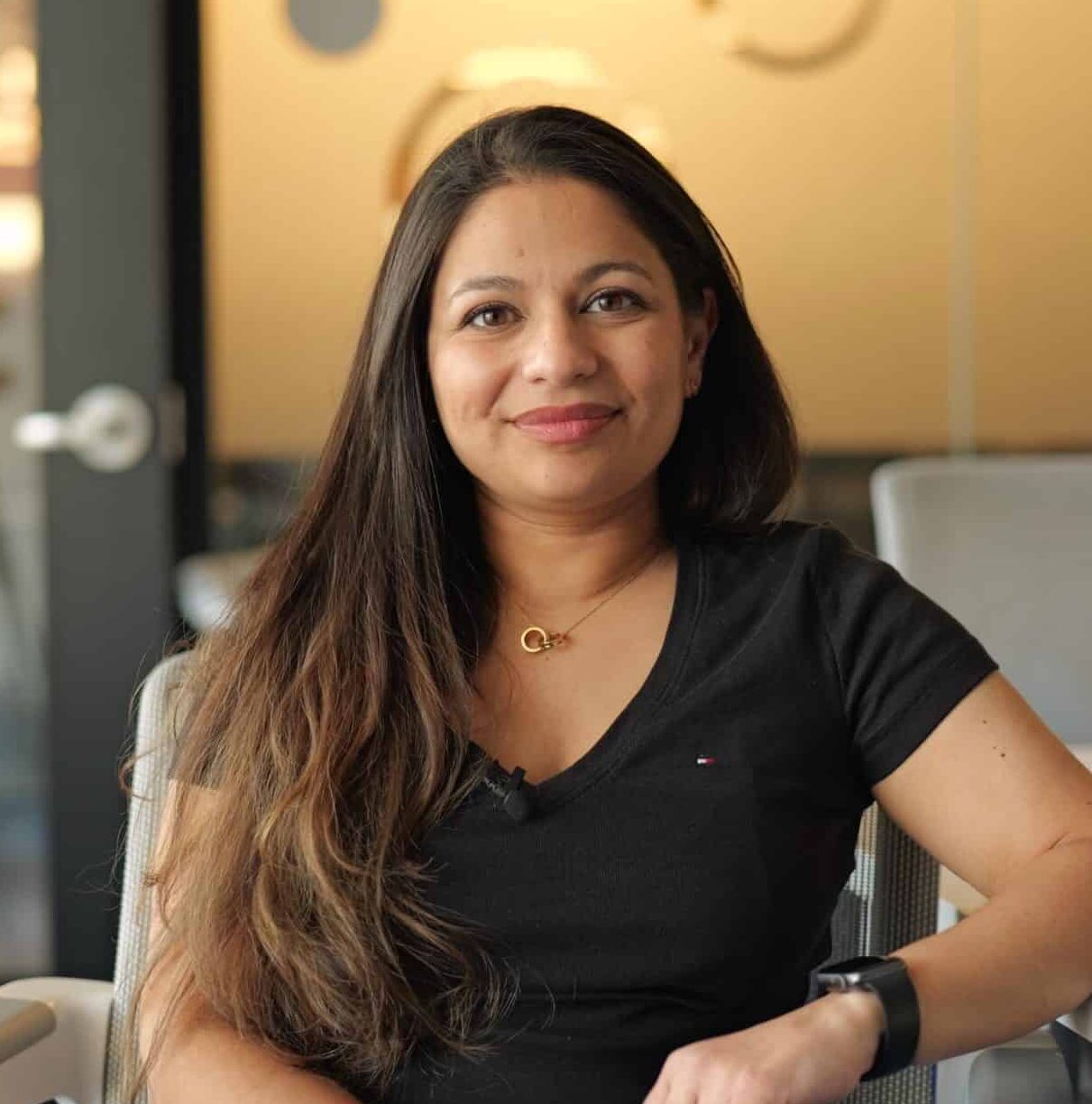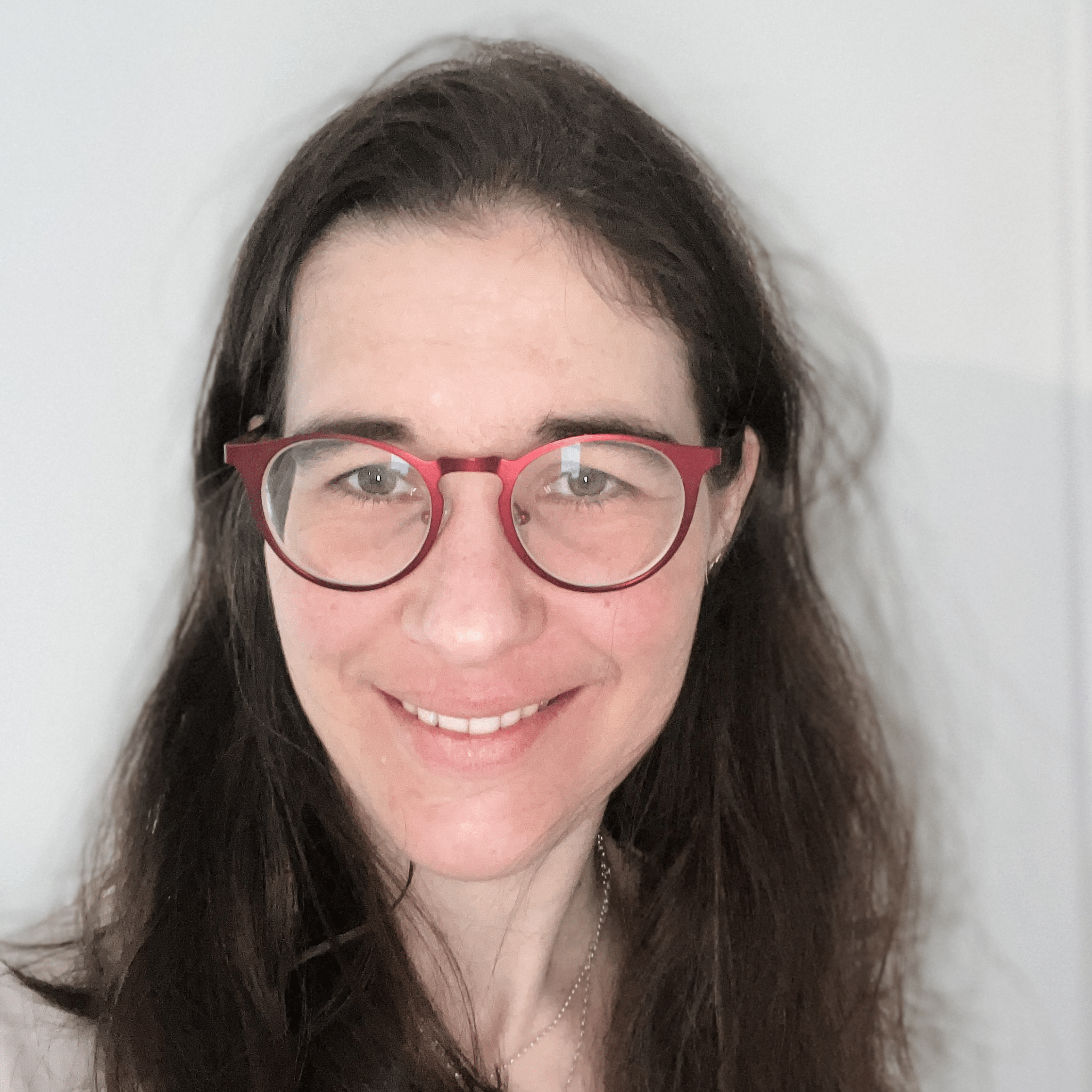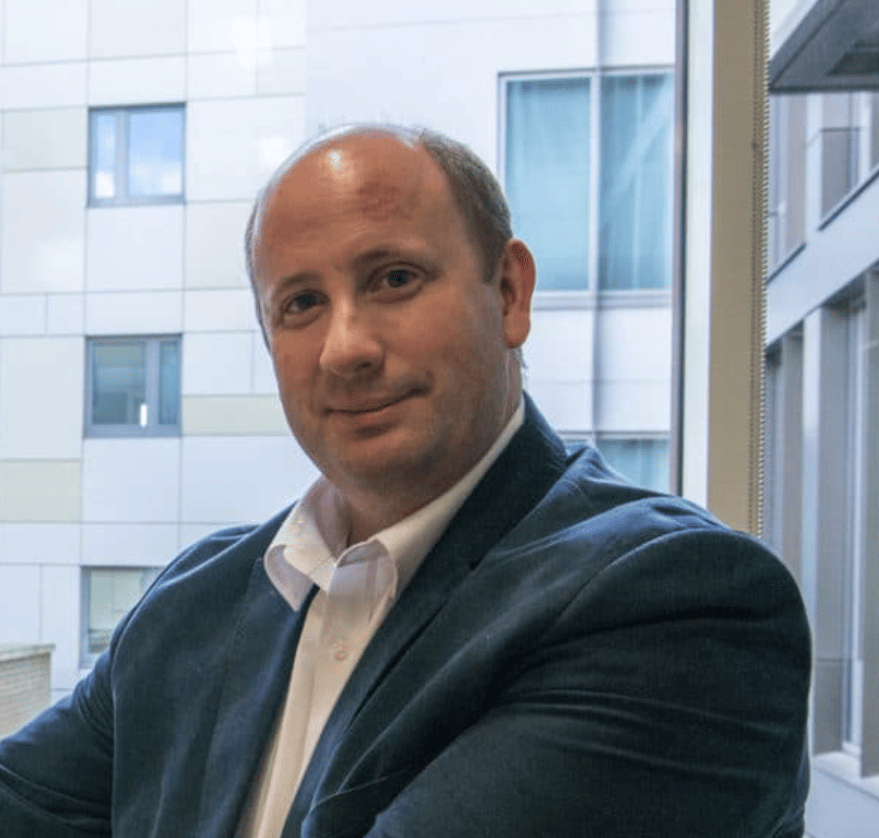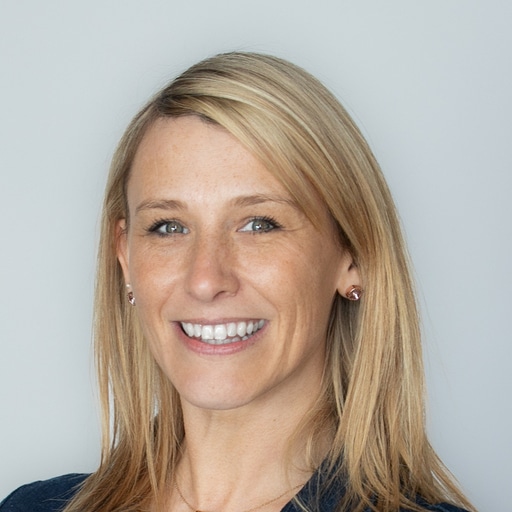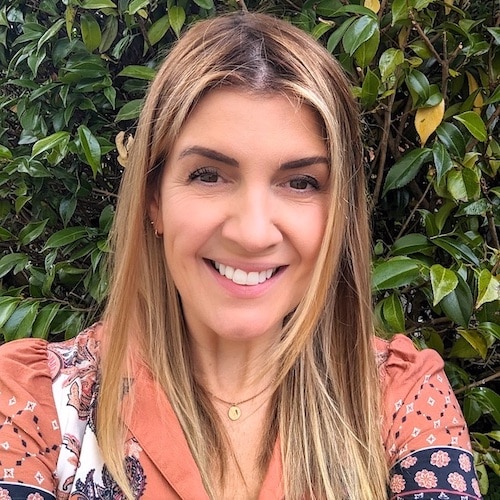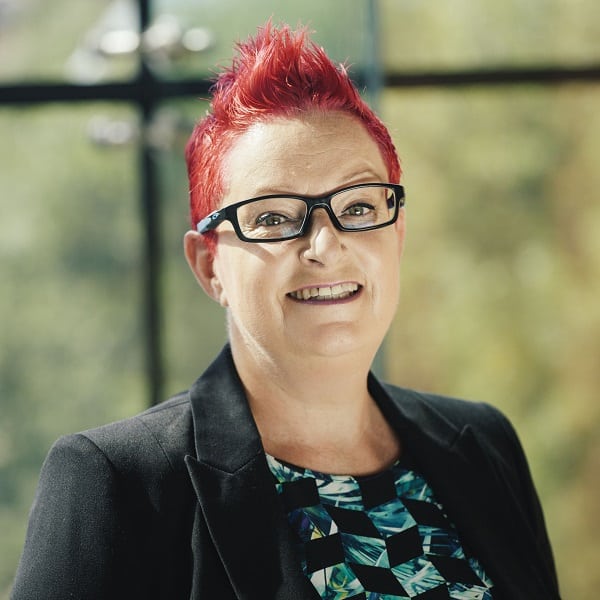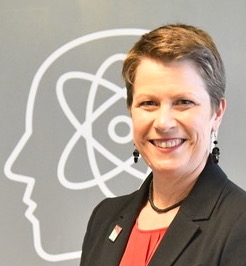Welcome to June! Somehow we’re almost halfway through the year already, but TL;DR Tuesday remains as exciting as ever. To celebrate the arrival of a brand new month, we’re thrilled to share another Speaker Series interview where we hear from people who are shaking up the status quo of research to make it more open, inclusive, collaborative and impactful for all. This month’s Speaker Series interview is with Alice Meadows. Alice has been working in community engagement with research infrastructure for many years now, with leadership roles at both ORCiD and NISO. Most recently, Alice co-founded the MoreBrains Cooperative, a consultancy that helps research stakeholders better understand how to build solutions that centre around the research community and respond to its varied and ever-changing needs.
In this chat, Alice tells us about research infrastructure, persistent identifiers (PIDs), why metadata matters, and what she would like to see from the future of information management in the research community, ahead of the first-ever PIDFest, a conference that focuses on persistent identifiers for research information and infrastructure, taking place at the National Library of Technology in Prague, Czechia next week. If Alice’s interview inspires you to learn more or engage with some of the topics scheduled for discussion, you can still register to attend virtually.
The Importance of Community Engagement
Alice talks about the importance of building research solutions with the community in mind. Whether it is a new standard or a brand new process, consulting with researchers and future users of a new standard or process, understanding their needs, and trying to meet them as well as possible means that they feel seen, heard, and involved, and have a certain sense of buy-in to making the solution’s adoption within the research ecosystem a reality. As Alice says, if you don’t bring communities along the journey with you, it will be much harder to succeed.
In order to better support different segments and groups within research to further develop ways in which research can be made more open, inclusive, collaborative and impactful, Alice and three other friends from across the research landscape came together to form the MoreBrains Cooperative. A consultancy working across all segments of research, the research-related Avengers at MoreBrains are academic librarian Josh Brown, technical product wizard and former Digital Science colleague Phil Jones, academic publisher and data scientist Fiona Murphy, and Alice, a community engagement professional who has helped transform research by engaging with the research community to help support the adoption of new and better ways of doing research. MoreBrains’s values of community engagement and involvement even extend to their cooperative status.
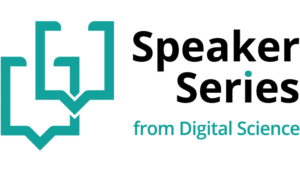
PIDs and Metadata
Given their name, persistent identifiers (or PIDs) in research information may not always be as well known or indeed as persistent as we would like them to be. As a former academic myself, I often admit that I did not know much about the world of PIDs until moving to Digital Science and peeking behind the curtain. Yet I was far from alone in that lack of understanding. PIDs allow researchers to claim work as their own, tie it to their institution, and share that work with citeable credit. One way that community engagement can help encourage the adoption of systems and processes that lead to greater findability of research information is through building confidence in the use of new systems and helping people understand the value of getting involved. For example, by spending a little time carefully selecting your keywords and fields of research when publishing a paper, you can increase the chances of people finding that paper and building on your work, allowing your research to reach its fullest potential as a contribution to the ever-growing corpus of knowledge.
But it doesn’t just stop with PIDs for researchers, institutions, equipment, etc. as in order to be a good data citizen and put information into the system that is useful for ourselves and others, we must understand the value of metadata. Good information about information leads to data that can be easily navigated, while also adding context for users of that information, whether it is a published paper, a geological sample, or a particular microscope.
Take, for example, a well-curated digital music library. It would be easy to throw all of your music into the library and not care about preserving information that would help disambiguate one artist from others with similar names, or assign a song to an album, or even label the genre of music. If this info-about-info, or metadata, hasn’t initially been included with songs, it can be a daunting task to manually add it for every individual song, and so this process can be overlooked. In musical terms, a lack of rich and accurate metadata could mean searching for Taylor Swift’s It’s Nice To Have A Friend from the album Lover (Taylor’s Version) and being presented with James Taylor’s You’ve Got A Friend from the album Mud Slide Slim and the Blue Horizon. While both songs are great, the lack of metadata prevents the user from finding exactly what they want, when they want it, from the sea of information they can access. If that metadata had been included from the moment those songs entered the digital environment, they would already be disambiguated from one another. In the same way, if researchers can add detailed metadata to the research information they put into the system, they are contributing to a community built on good data citizenship and can hope to find research information within the system that is just as easy to discover too.
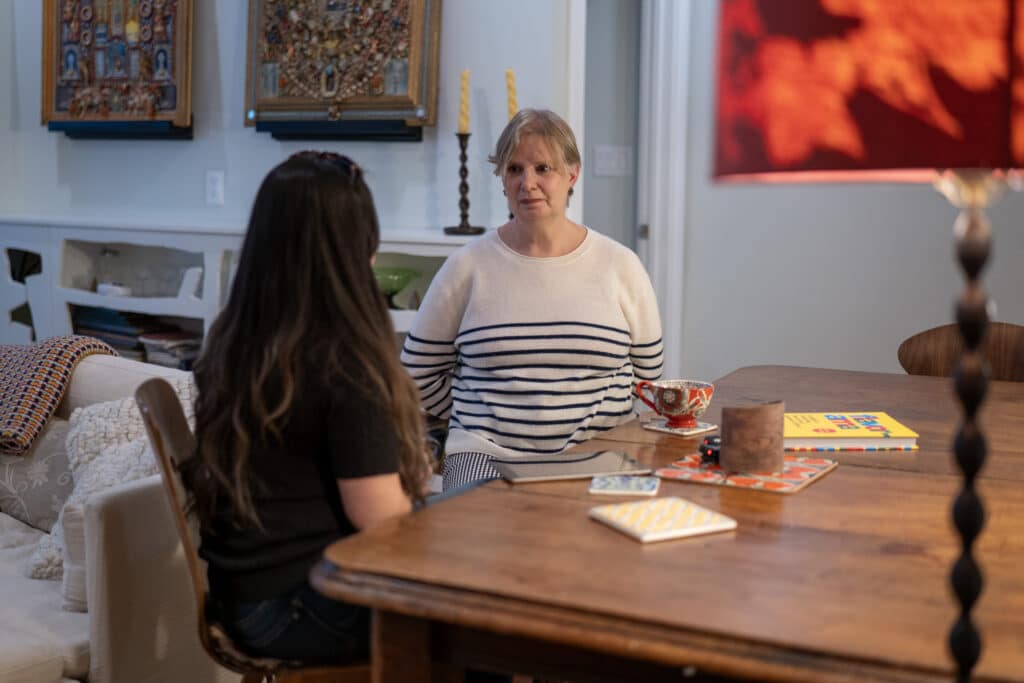
Why Metadata Matters
Good metadata helps researchers find information relevant to them. It also helps to make connections between otherwise disparate pieces of research information. As Alice says in our chat, a lot of good research relies on making connections between information that already exists, and building on the shoulders of giants, as the saying goes. Research information is being produced at an unprecedented rate, and keeping on top of it all is an uphill battle. This means that we need systems that allow us to quickly recall the most relevant and reliable research information. Metadata powers this.
Good metadata can also break down silos of knowledge by making connections across fields of research by linking observations and effects that are appropriately labelled with the right metadata. This allows researchers to discover information from complementary fields of research that they may not yet know they were missing out on. This becomes particularly useful in our urgent quest for sustainable solutions to our looming global challenges.
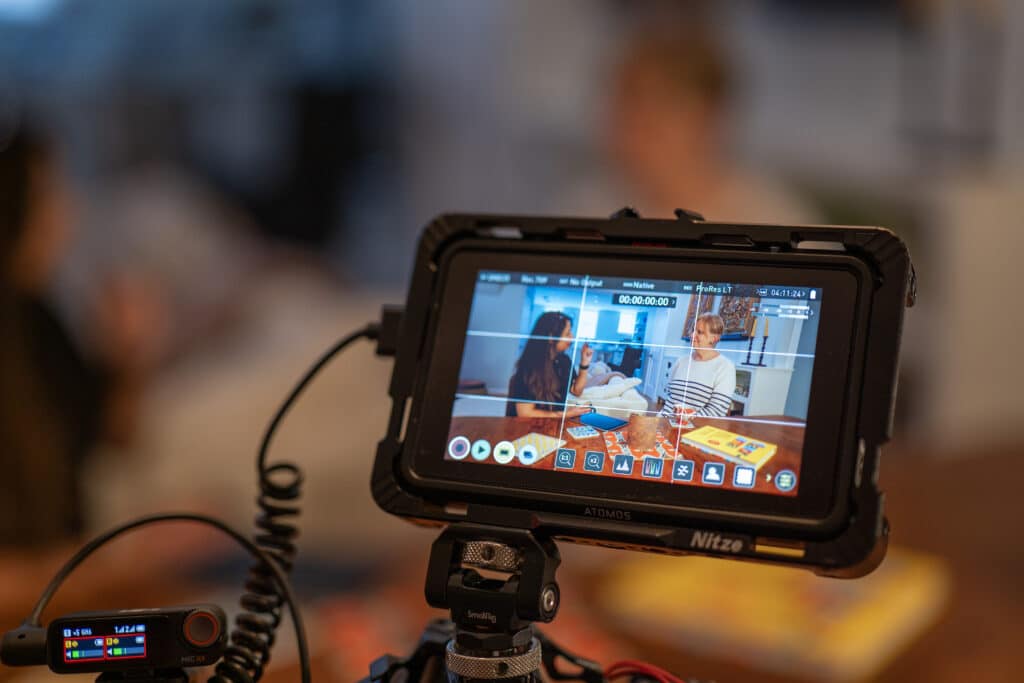
PIDs and Trust in Open Research
One challenge we have discussed at length here at TL;DR and within the community is the need to ensure robustness and integrity in the research we build on, especially in a more open research culture. Openness is important in the world of research information too. PIDs and the metadata used to describe them must be openly accessible. Creating a culture of good open metadata can go a long way towards addressing our research integrity needs, as metadata can reveal whether research information, research affiliations, and so on, have been checked so that the user can better determine whether or not that piece of research can it be trusted.
In this way, metadata and persistent identifiers offer another way of demonstrating the provenance of research. This is particularly important as we build new research technologies on this information. In order to build strong solutions, we must ensure that the information we build these with is trustworthy.
PIDs also help researchers get acknowledgement and credit for the work people they doing. One way that we support this at Digital Science is to help researchers secure DOIs or digital object identifiers, perhaps the best known PID for researchers, when they share their work on figshare, which can be cited by other researchers. This can go some way to shaking up the types of research people are able to get recognition for.
We’re All In This Together
Given Alice’s community-minded values, it is perhaps no surprise that one of her hopes for the future of research infrastructure is a more joined-up approach. Alice explains that if there is no overarching organisation wrangling researchers’ infrastructure needs, everyone does their own thing with little to no support, and the entire landscape can become more fragmented. However, we all know that the best research is done collaboratively and collectively. If solutions can be created that help as many people as possible, and outcomes and impact can be shared across groups, the community can use these best practices and the standards that arise from bringing the community together, so that everyone can collectively benefit from them, and use them to make bigger and faster developments in research.
However, not everyone has equal access to such support. Engaging with research infrastructure, training, and investment, all require a lot of resources, and not all organisations and institutions have the same availability of expertise, time and money. It is important to engage with and include the entire global research community in these conversations.
We also need to consider the sustainability of information. We don’t want to lose information and knowledge, especially when we don’t know when it could be useful in future. However, through strong two-way community engagement, there is an opportunity to be more inclusive and create frameworks around research information that will ensure sustainable access to this knowledge for future researchers.
Through Alice’s previous work and now with her team at MoreBrains, Alice continues to champion community engagement with research infrastructure and showcase the value of this vital piece of the research puzzle that enables so much research and development to be built on the knowledge that already exists. Watch the full interview on our YouTube channel.
Check out our Speaker Series playlist on YouTube which includes chats with some of our previous speakers, as well as our TL;DR Shorts playlist with short, snappy insights from a range of experts on the topics that matter to the research community.
With thanks to Huw James from Science Story Lab for filming and co-producing this interview. Thanks also to Alice for her time and for the excellent coffee.

